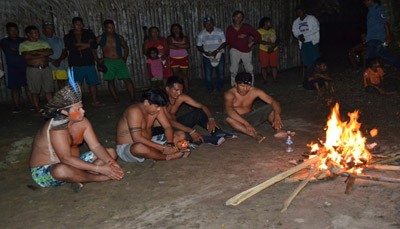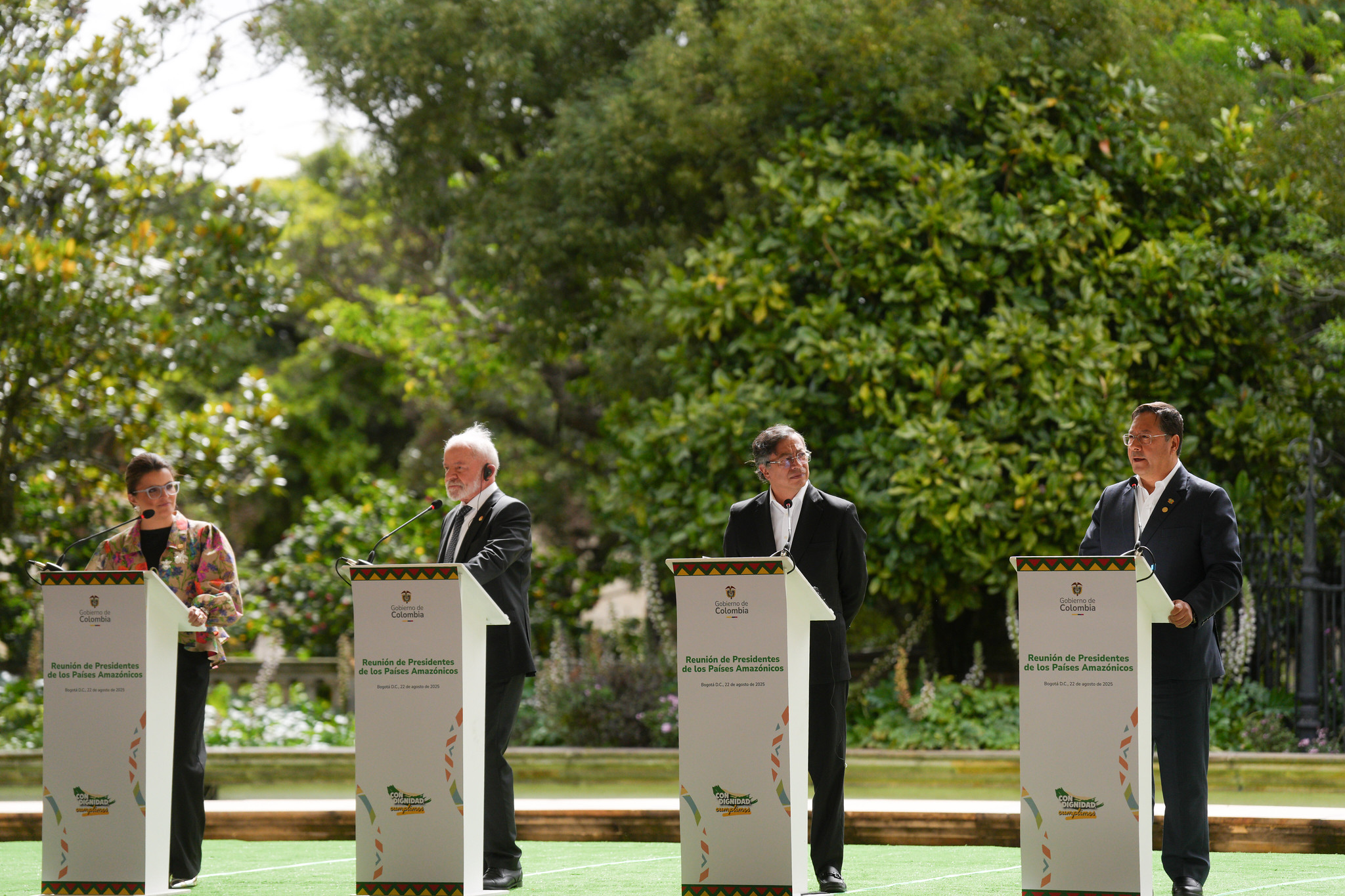Recognizing the important role of the Indigenous Peoples in the Amazon region, the member countries of ACTO approved a Regional Strategic Agenda in 2010, including Indigenous Affairs, which has since been implemented in collaboration with the governments, civil society and indigenous communities / representatives. This regional cooperation has enabled advancements in the protection and preservation of Indigenous rights; however, there is still much to work to be done to ensure participation of Indigenous peoples in management of their resources and protection of rights.
Noting the recommendations of the regional processes with Indigenous communities, governments and civil society, the ACTO member counties are developing a new Strategic Agenda on Indigenous (2019-2030) to ensure that Indigenous peoples´ development is incorporated and aligned with 2030 Agenda for Sustainable Development. To this end, the Member countries are defining the agenda in the following thematic areas: Indigenous peoples in Voluntary Isolation and Initial Contact, Culture and Traditional Knowledge, Use and sustainable management of Indigenous lands and natural resources, Indigenous Health, Indigenous Peoples and Climate change, and Participation and Information /Knowledge exchange.
The Amazon is a region where Indigenous peoples migrate and move freely across the borders of the countries, therefore the countries of the Amazon region continue to collaborate to ensure that migration and movement is not hindered, but Indigenous peoples rights are protected, and their distinct cultures and way of life are maintained.
The Amazon Cooperation Treaty Organization, comprised of Eight Amazon countries, is a regional cooperation and a forum for information exchange to improve the quality of life of Amazon inhabitants, guided by the principles of reducing regional asymmetries among the Member countries through its actions, cooperation in national processes for socioeconomic progress, sustainable and harmonious development.


